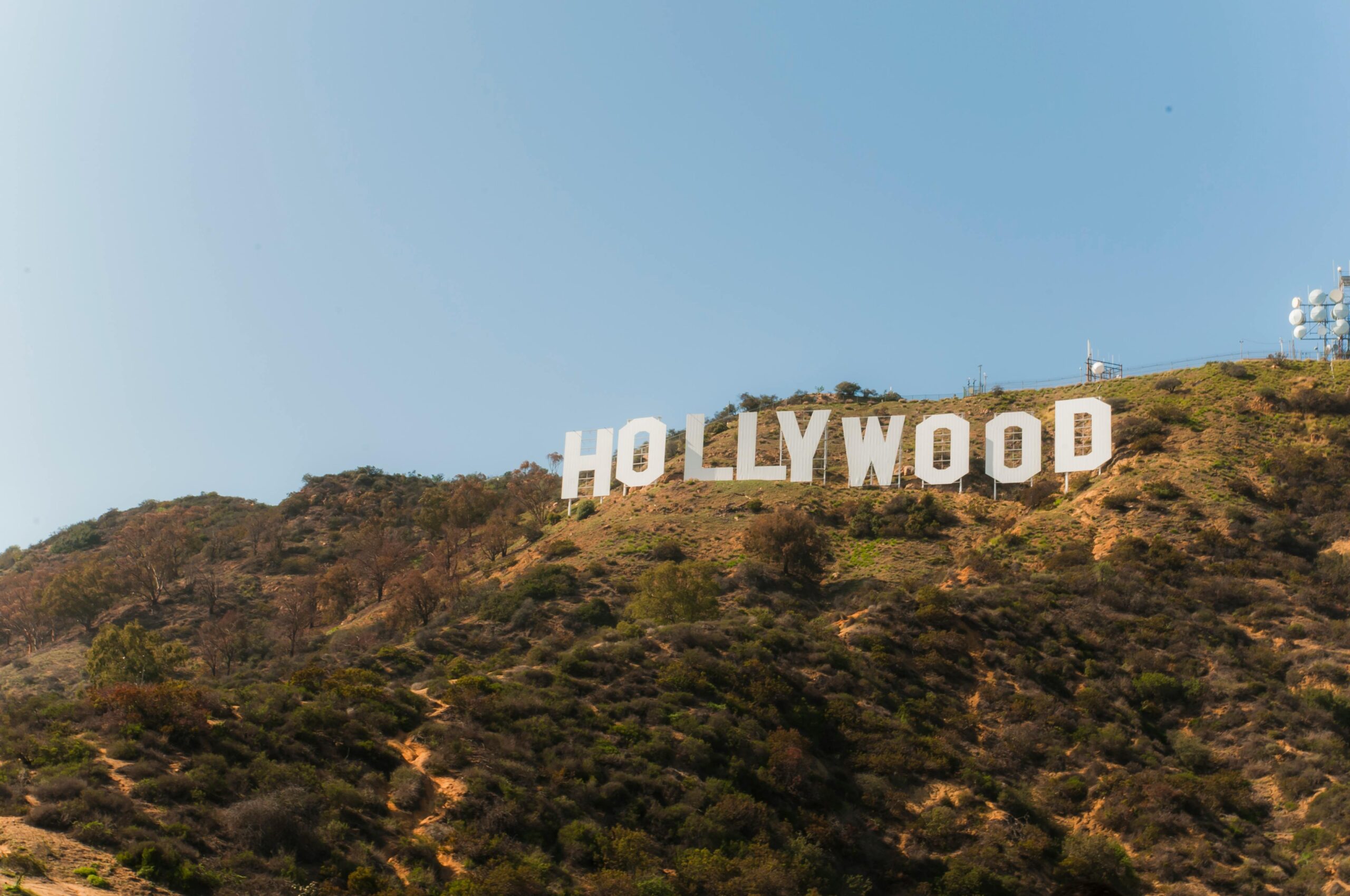When the World’s Archives Feed the Machine: Global AI, Copyright, and Australia’s Leadership in Protecting Creativity
The creative industries are standing at a crossroads. Artificial intelligence has become both collaborator and competitor, reshaping how music, film, and visual art are produced—and how they’re used. Around the world, the key question is this: when an AI system learns from creative works, who owns that process, and who gives consent?
Global Copyright Clashes
Across the world, governments and courts are wrestling with how copyright law applies to AI training. In the United States, studios and authors are suing AI developers for using their work without permission. In the United Kingdom, Getty Images’ lawsuit against Stability AI has become a touchstone for how image and data licensing will shape the creative economy. (The Guardian)
In Europe, creators’ groups have accused lawmakers of weakening protections under the EU’s Artificial Intelligence Act. Thirty-eight international organisations signed an open letter condemning what they called a “betrayal” of Europe’s cultural goals. (Le Monde)
In India, Hollywood and Bollywood trade groups jointly lobbied the government to protect films, scripts, and soundtracks from being scraped into AI datasets without consent. (Reuters) The debate is global because AI models are trained on global content—and the legal systems trying to keep pace are national, fragmented, and often contradictory.
Australia Steps Up: No Free Pass for AI Data Mining
In October 2025, Australia became one of the first nations to draw a clear line. The Federal Government ruled out introducing a text and data mining (TDM) exception that would have allowed AI systems to train on copyrighted music, film, and other creative works without permission.
Communications Minister Michelle Rowland and Prime Minister Anthony Albanese confirmed the decision following extensive consultation with the creative industries, including ARIA (Australian Recording Industry Association) and PPCA (Phonographic Performance Company of Australia). The outcome: creators keep control. AI developers must license content lawfully, just as any other user of copyrighted material.
As ARIA CEO Annabelle Herd explained, “Artists and rightsholders should decide whether and on what terms their music is used for AI — not tech giants.” That single statement encapsulates the new era of digital rights: consent sits with creators.
A Win for Creativity and Common Sense
ARIA hailed the ruling as “a win for creativity, Australian culture, and common sense.” The decision reinforces the idea that copyright is not a barrier to innovation—it’s the foundation that sustains it. IP laws underpin the digital economy, protect culture (including First Nations creativity), and ensure that the benefits of new technology flow back to those who make the content that fuels it.
As the ARIA campaign materials declare: “Copyright protects culture, drives the digital economy, and ensures Australian creativity thrives globally.”
Existing licensing frameworks already work. They allow innovators to access material responsibly while respecting ownership. Australia’s stance sends a strong global message: innovation and ethics are not mutually exclusive.
Why This Matters for Producers and Studios
- Legal clarity: Music, film, and post-production studios can operate knowing their catalogues cannot be mined by AI systems without permission.
- Licensing opportunity: AI developers will need to negotiate rights, creating new income streams for rights-holders and collecting societies.
- Cultural integrity: Protects Indigenous and community-based creative material from being appropriated without context or consent.
- Innovation with boundaries: Encourages AI use within ethical, licensed frameworks—supporting both technological growth and creative sustainability.
Global Contrast
While Australia’s policy takes a rights-first approach, other jurisdictions remain unsettled. The UK government has struggled to balance AI growth with creator protection after proposals for broad data-mining exemptions met fierce opposition. In the US, lawsuits by writers, musicians, and visual artists continue to test whether training an AI model on copyrighted material constitutes infringement.
Australia’s decision therefore positions it as a global leader—showing that supporting creators and enabling innovation can coexist.
What Comes Next
ARIA and PPCA have pledged to keep working with the government to ensure these principles are applied in practice. Annabelle Herd emphasised, “The next step is making sure these principles are applied in practice. We’ll be in Canberra with artists and industry leaders to ensure creators’ voices shape the future of copyright and technology.”
With this decision, Australia has set a clear precedent: no text-and-data-mining exception means no free pass for tech companies. Consent stays with creators.
The Broader Lesson: Copyright Fuels Innovation
Intellectual-property laws are often misunderstood as restrictive. In truth, they are the scaffolding that supports the creative and digital economies alike. Every major technology company—from AI startups to global platforms—relies on strong IP protections to monetise their own products. Upholding those same protections for artists, filmmakers, and songwriters isn’t anti-innovation; it’s consistent logic.
In the words of ARIA’s campaign: “Copyright isn’t a barrier to innovation. It’s the foundation.”
Final Thought
AI is reshaping how stories, sounds, and images are made. But it cannot replace the human heartbeat of culture. Australia’s decision to protect creator consent reinforces a universal truth: progress without respect for creativity isn’t progress at all. The global conversation on AI and copyright is only beginning, but for now, the world can look to Australia as proof that common sense and cultural respect still have a place in the age of the machine.
Images courtesy of ARIA (Australian Recording Industry Association). Government statement: Michelle Rowland MP | Anthony Albanese MP | PPCA | ARIA campaign, October 2025.


